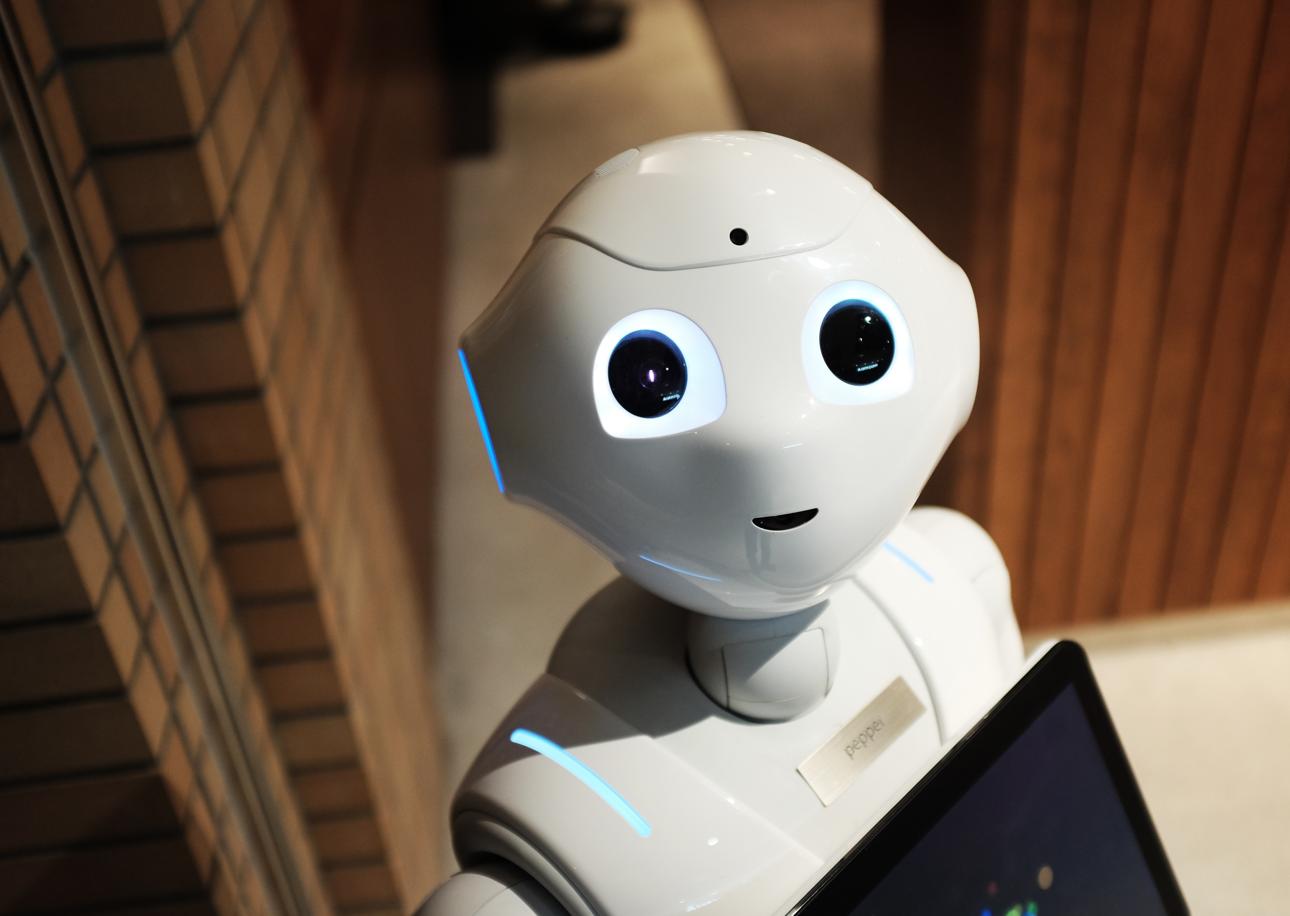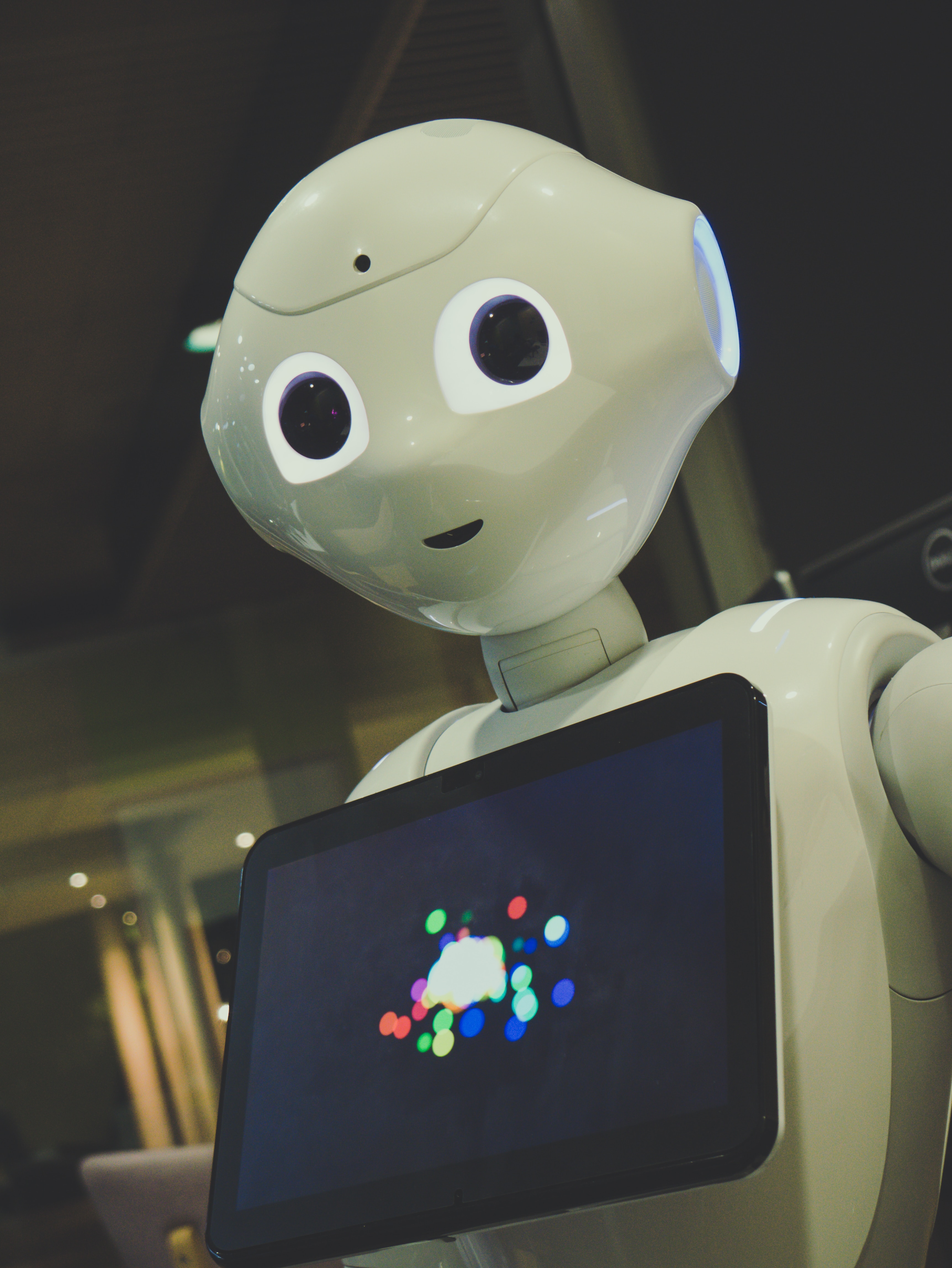9 Famous Thai Celebrities’ Cafes and Eateries in Thailand
A look at a list of Thai celebrities who own restaurants and ...

In recent years, the industry is redefining guest experiences and service standards through the use of robots in hotels and healthcare. The reason why the use of robots has grown within the service industry is that they play an important role in terms of customer experience as they bring notable improvements in speed, cost-effectiveness, and accuracy. Ultimately, these innovations will change how hotels and hospitals operate and enhance customer service.
For example, the adoption of chatbots enables hotels and travel companies to offer round-the-clock support through online chat or instant messaging, ensuring quick response times even outside working hours. At the same time, a robot used during checking in or checking out at a hotel can speed up the whole process.
The use of robots for human tasks sparks ongoing debate coming with both advantages and disadvantages. On the positive side, robots offer tireless performance, operating 24/7 without fatigue and the need for compensation. They excel in handling numerous tasks faster with increased precision compared to humans.
However, there are drawbacks. The increasing adoption of automation may lead to an employment crisis, as fewer jobs become available for humans. Additionally, there’s also investment and maintenance costs associated with robots. Moreover, robots stick to their programmed parameters and might be unable to adapt to certain circumstances, which could also limit their problem-solving abilities. That said, let’s explore a few examples of robots used within the hotel and service industry today:

This one we’re all most familiar with—chatbots. They serve a variety of purposes, ranging from providing basic customer service to handling more complex tasks like hotel or flight bookings. One example would be the SnatchBot Booking Travel Template, a tool that navigates customers through the booking process, providing an efficient experience.
Travel agents like Amadeus have experimented with a robot powered by AI, called 1A-TA. Guests don’t need to wait in line during peak periods as the robot can provide assistance, taking note of the guest’s needs and preferences.
Connie is a robot at Hilton McLean in Virginia powered by IBM’s Watson artificial intelligence platform who can talk to guests and answer inquiries as well. Connie is also able to learn from its experiences each time it interacts with guests. With time, Connie gets better at replying to guest’s requests.
Henn-na Hotel, located in Nagasaki, Japan, made history by becoming the world’s first fully robot-staffed hotel. The robots at the hotel handle various tasks like providing information, managing the front desk, storing items, and assisting with check-ins and check-outs. They use advanced technology like voice and facial recognition to perform their duties.
A look at a list of Thai celebrities who own restaurants and ...
These top 5 barber shops in Bangkok are where gentlemen can elevate ...
Saturdays are already made for Salmon, now there's even more reason to ...
A detailed guide to hiking the Naga Cave, combining physical challenges with ...
While traditional TV shows are serving us endless boy-meets-girl tales. Thailand has ...
Sailorr and Molly Santana’s black grills fuse hip-hop swagger with homage to ...
Wee use cookies to deliver your best experience on our website. By using our website, you consent to our cookies in accordance with our cookies policy and privacy policy